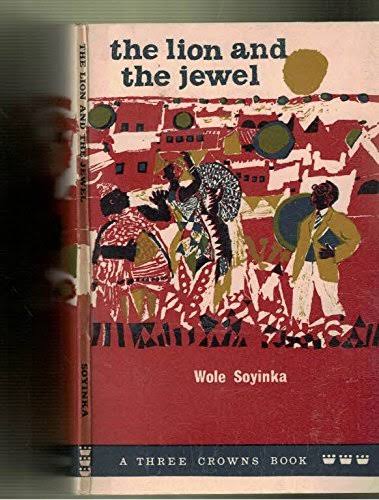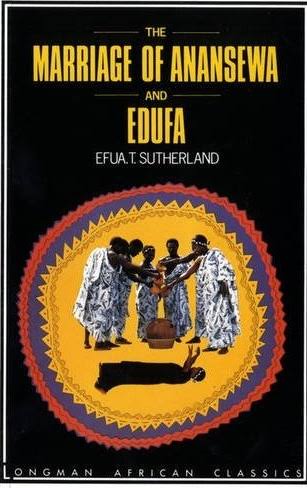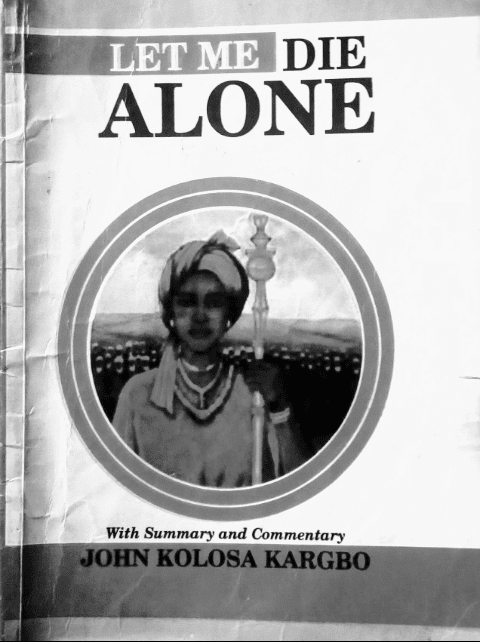Baroka is one of the four major characters in Wole Soyinka’s The Lion and the Jewel. He is the antithesis of Lakunle. Now, let’s draw a brief insight into the character of Baroka.
Who is Baroka?
Baroka is the “baale” or village head of Ilujinle Village. He is sixty-two years of age. In The Lion and the Jewel, Baroka is projected as an upholder of African customs and tradition. He represents everything Lakunle isn’t. He is wise, polygamous, and energetic for his age, and, he cherishes the African culture and tradition. In the ordinary sense, African traditional rulers are seen as custodians of customs and traditions. Baroka may be merely fulfilling his duty as the village head.
Throughout the play, he is addressed by several epithets on the account of his attributes, worthy of which are “the fox” and “the lion”. He is called the fox because of his cunning tricks, one of which Sidi falls for. And he is severally addressed as the lion because of his impressive feats of strength and his position as the village head.
Read Also
— Lakunle: Character Sketch, Role and Significance in Wole Soyinka’s THE LION AND THE JEWEL
— Themes in Wole Soyinka’s THE LION AND THE JEWEL
— Talking Points in Wole Soyinka’s THE LION AND THE JEWEL
— Relevance of Title in Wole Soyinka’s THE LION AND THE JEWEL
Baroka also has a harem of wives, his oldest wife being Sadiku, the woman he inherited from the previous village head. He marries new wives at the interval of months. He begins to notice Sidi’s beauty with influx of the glossy magazine to the village. He is however at a disadvantage because: (a) his picture is placed side by side with the village latrine; (b) the picture portrays him like a bearded he-goat; and (c) the magazine inflates Sidi’s ego and self-importance.
In order to make Sidi his, he manipulates Sadiku into believing that he has become impotent, knowing the latter would tell Sidi and Sidi would want to mock him. That way and with his sweet-tongue, he takes Sidi’s pride, her virginity that is, and makes her his latest wife.
Even though Lakunle thinks Baroka is set on preserving his traditional way of life and the stasis of culture, there is no question about Baroka’s appreciation of education. In justification of this, when Sidi said Lakunle is better as a court jester, Baroka tells her the village needs Lakunle as the teacher he is so he can educate their children and guide the village.
Baroka also believes that progress should be made on his own terms. That perhaps explains why he bribes the railway engineer into diverting the rail line from his village. He is in other words keen on a progress that would not alienate the village from the traditional perception. Unlike Lakunle, he is positive about the co-existence of Western education and African education if made on their terms.
In what way does Baroka contribute to the plot development of the play?
Baroka appears in person at the tail end of the “Morning” section of the play to contribute to the mime and improvised flashback about how the stranger came to Ilujinle and his encounter with Sidi and the villagers. However, Baroka has been mentioned in dialogues long before his arrival. For example, his name is mentioned in the conversation between Sidi and the girls during the comparison of Sidi’s beautiful pictures and the length of their projection with the indignity of Baroka’s goaty picture cramped beside the picture of the village latrine.
Baroka’s expression of interest in Sidi changes the narrative of the play from trifling wooing of Sidi by Lakunle. It also brings about the actual portrayal of the play’s title: The Lion and the Jewel. What follows is a witness of the struggle between vainglorious Sidi and the sly Baroka. The play demonstrates how the Lion outwits the Jewel both in strength and cunningness.
Besides, Baroka is there for contrast with Lakunle. He is a practical man and a sure goal-getter, not the bookish Lakunle type. Knowing Sidi will never accept him, he foregoes the traditional wooing and marriage pattern and, disvirgins her later. After the latter has felt his masculine strength, she succumbs and agrees to be his woman.
 WHATSAPP: Click HERE to join the new Literature PADI WhatsApp group to receive latest updates on your phone and for further literary discussions!
WHATSAPP: Click HERE to join the new Literature PADI WhatsApp group to receive latest updates on your phone and for further literary discussions!










